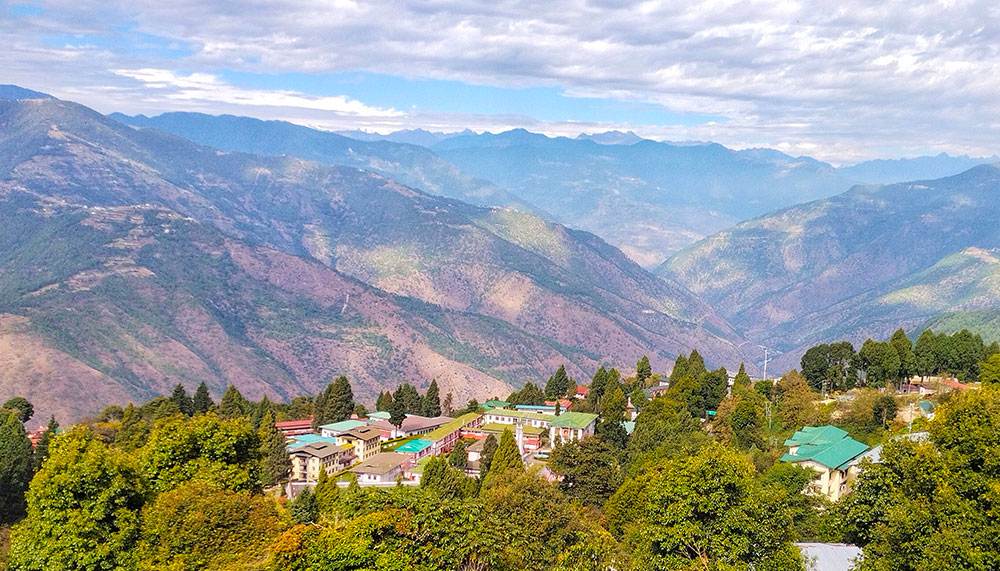Neten Dorji
Sherubtse College gave the much needed boost to the development of the Kanglung town. From a sleepy town in the 1990s, Kanglung became a bustling town as the college started to grow, more courses were introduced and student intake increased.
Not anymore. Today, businessmen in the town are worried with the college doing away with some courses and reducing intake. The college’s initial intake of 430 students annually has dropped to 230 across various programmes.
Sherubtse college had 1,388 students in the 2022-23 fiscal year. It fell to 1,174 this year, a difference of 214 students. The reduction is attributed to the phasing out of programmes like Bachelor of Arts in English, Economic, Political Science and Sociology, History, Geography, Population and Development Studies, Media Studies, Data Science, Environment Science and Statistics.
It is a component of reforms and aims to offer a programme connected to the twenty-first century that is data-driven, more professionally oriented, and a skilled base course.
College officials said that the noticeable decline in enrollments started this year.
The impact is being felt by those who invested in property to rent out to college students. Many apartments in buildings in and on the outskirts of the town remain unoccupied, while others are moving into the college campus where five new hostels were built to accommodate the increasing students.
A houseowner, Sonam Tshering, said that most of the people constructed houses with loans. “Many are empty or slashing rents to stay alive,” he said. Sonam had five students staying in his house. All are graduated. “I’m worried about repaying the loan,” he said. “The banks might seize my house if I can’t pay the loan.”
Lhendup owns a two-storied house, which was occupied by lecturers and students and earned him Nu 9,000 in a month. All his tenants left. He said staff quarters are also constructed on campus and some built their own houses.
Another house owner, Tshomo said three tenants already left. “I am worried that I would not get tenants like in the past since there are fewer students in the college.”
She said many people invested in housing expecting students would occupy it. “With the enrollment reduced or staff moving inside campus, I won’t be able to repay the loans.”
The situation is worse on the outskirts as tenants move closer to the town or college. Yeshi Zangmo from Mangthung village borrowed Nu 800,000 and built a two-storied house to rent to students. There were about 12 students renting her house. Eight left already and four will leave at the end of the semester.
Meanwhile, businesses too are affected. Shopkeepers and hoteliers who thrived on college students said Kanglung is now becoming dry, referring to the slow business.
While a college cafeteria located inside the campus has cut into their business, shopkeepers said students buy almost everything online except vegetables. “Our goods are getting expired,” said the proprietor of Pala general store.
Jachub Choden, who deals with stationery and clothing said she is only dealing with essentials. “The number of visitors has drastically reduced after intake was reduced,” she said.
College president, Tshering Wangdi said that 10 programmes or courses are phasing out the number of intake reduced by 200 students. However, he said intake will increase by 2026 as the college introduces new courses.
The carrying capacity of the college is 1,200 students. Only those students who genuinely need a separate diet on health grounds are allowed to stay as day scholars.
“With the reduction of students, we will be able to provide better facilities.”


